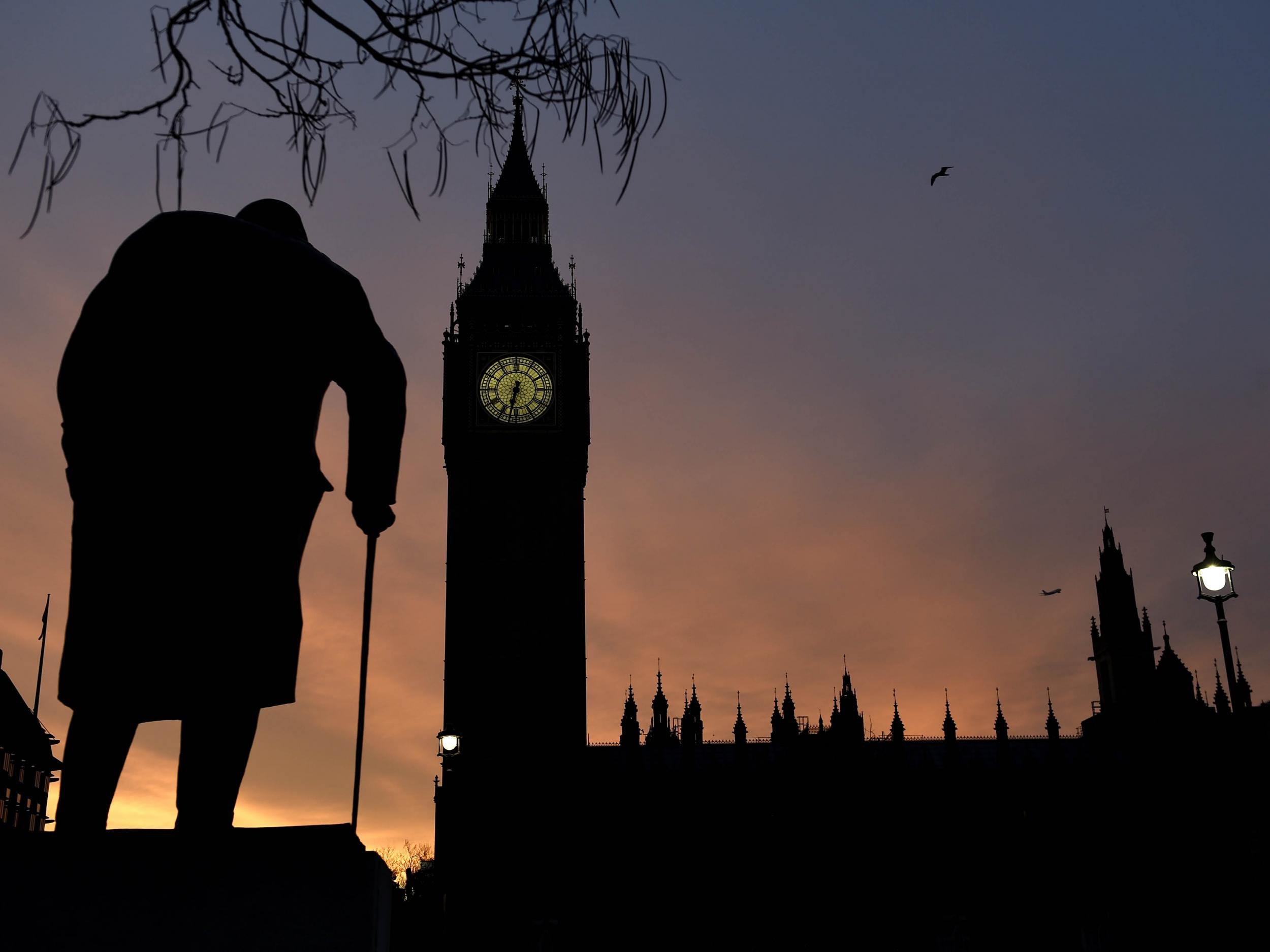National days of mourning: What are they and how are they observed around the world?
Flags are flown at half-mast, books of condolence are opened and a solemn mood abides

National days of mourning are designated by governments as a means of honouring a person or persons of particular significance to their country who have recently passed away.
Most commonly held to mark the death of a head of state or the advent of a national tragedy like a fatal accident or natural disaster, flags are flown at half-mast in tribute to the departed and a mood of solemnity abides.
The occasion gives citizens the chance to reflect on the dead, consider their life and work and perhaps even meditate on their own mortality.
How long a period of national mourning lasts depends entirely on the country: it can be a single day or several weeks.
The US typically assigns the day of a president's state funeral as a moment of national mourning, a process born of the overwhelming public outpouring of grief following the assassination of John F. Kennedy in 1964 (Franklin D. Roosevelt's death in 1945 did provide a precedent).
The most recent followed the death of Gerald Ford in 2007.
Notable recent examples of world leaders being honoured in this way include Czech president Vaclav Havel in 2011, South Africa's Nelson Mandela and Hugo Chavez of Venezuela in 2013 and Israeli president Shimon Peres and Cuban communist leader Fidel Castro in 2016.
Havel was mourned for three days, Chavez for a week and Peres for over a month.
It's not just politicians who are celebrated: the deaths of religious icons like Pope John Paul II and Mother Teresa were mourned by Catholics around the world. The popularity of sports stars like Eusebio, Ferenc Puskas and Ayrton Senna also ensured the grief at their passing transcended geographical boundaries.
National periods of mourning have also been declared out of respect for the victims of isolated tragedies, both historic and contemporary.
China paid its respects to the victims of the Rape of Nanking following the Second World War, while the US has honoured those killed at Columbine, on 9/11 and at Fort Hood and Norway the child victims of domestic terrorist Anders Bering Brevik.
The last major period of national mourning in the UK took place in 2005 as a gesture of respect for the 52 people killed in terrorist bomb attacks in London on 7 July.
While one was (controversially) not declared following the death of Princess Diana in 1997, despite the overwhelming outpouring of public feeling, 12 days of mourning are planned for the eventual passing of Queen Elizabeth II, when flags will be lowered and books of condolence opened at British embassies across the world.
One of the most significant in living memory came in 1965, following the death of Sir Winston Churchill, whose body lay in state at St. Paul's Cathedral for three days so that mourners could pay their final tributes to the prime minister who held his nerve to steer the Allied Forces to victory in 1945.
British writer Laurie Lee beautifully captured the bonding sense of "a shared emotion" many felt upon seeing him at rest in his essay "The Lying in State":
"Every resounding event seems to be followed by silence as history catches its breath. So it is this morning in this great bare hall - a silence like a fall of snow, holding the city and the world in a moment of profound reflection, reducing all men to a levelled pause...
"He lies on his catafalque, lifted on steps of purple, in a hall built by kings for kings, his coffin wrapped in a flag like a wave of water as if already seaborne for some distant haven."
Join our commenting forum
Join thought-provoking conversations, follow other Independent readers and see their replies
Comments